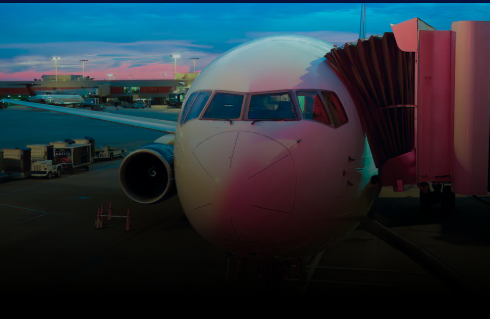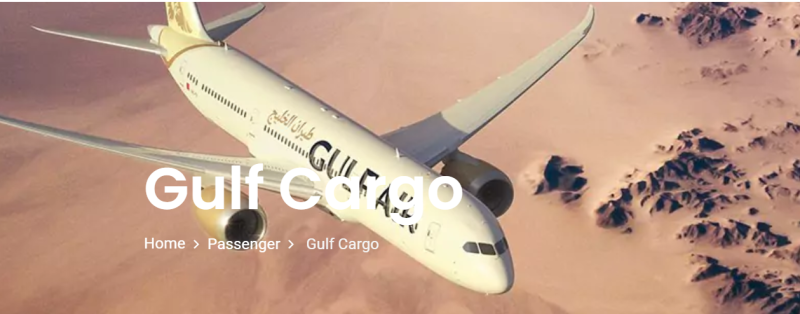The Middle East is rapidly evolving, from the humble beginnings of nomadic tribes and fishing villages to the modern-day metropolises of Dubai and Doha. Evident in several industries across the Gulf, discover how this development has also impacted air cargo and the future of innovation in the region.
A Hub of Trade
The Gulf nations strategically sit at the meeting point of several major trade routes. This central location has invited airlines, general sales agents, and cargo carriers to further expand their networks across the board, which is evident in the numbers. For instance, the International Air Transport Association (IATA) reported an 18.3% growth in demand for international operations, including through agents in South Asia like Mack Air.
Expanding its Network
To accommodate the Gulf’s growing appeal, many destinations across the region are adapting at an ambitious pace. Cities like Dubai are investing over 30 billion USD into building the world’s largest airport, set to mitigate the growing tourist and cargo traffic. Bahrain, another key destination in the Gulf, boasts an international terminal on par with the world’s top smart airports, facilitating Gulf Air and its air cargo services in Sri Lanka and beyond.
E-Commerce Development
One particular sector fuelling cargo demand is digital retail. Rapid growth in online shopping is demanding faster and smarter cargo solutions. The Gulf is adopting automation, smart warehousing, and AI-driven logistics to meet evolving e-commerce expectations with speed and precision.

Sustainability Goals
Sustainability is now central to air cargo strategies in the region. Gulf carriers are prioritising greener operations through fuel-efficient aircraft, carbon offset initiatives, and digitised logistics, aiming to lead the sector in environmental stewardship.










